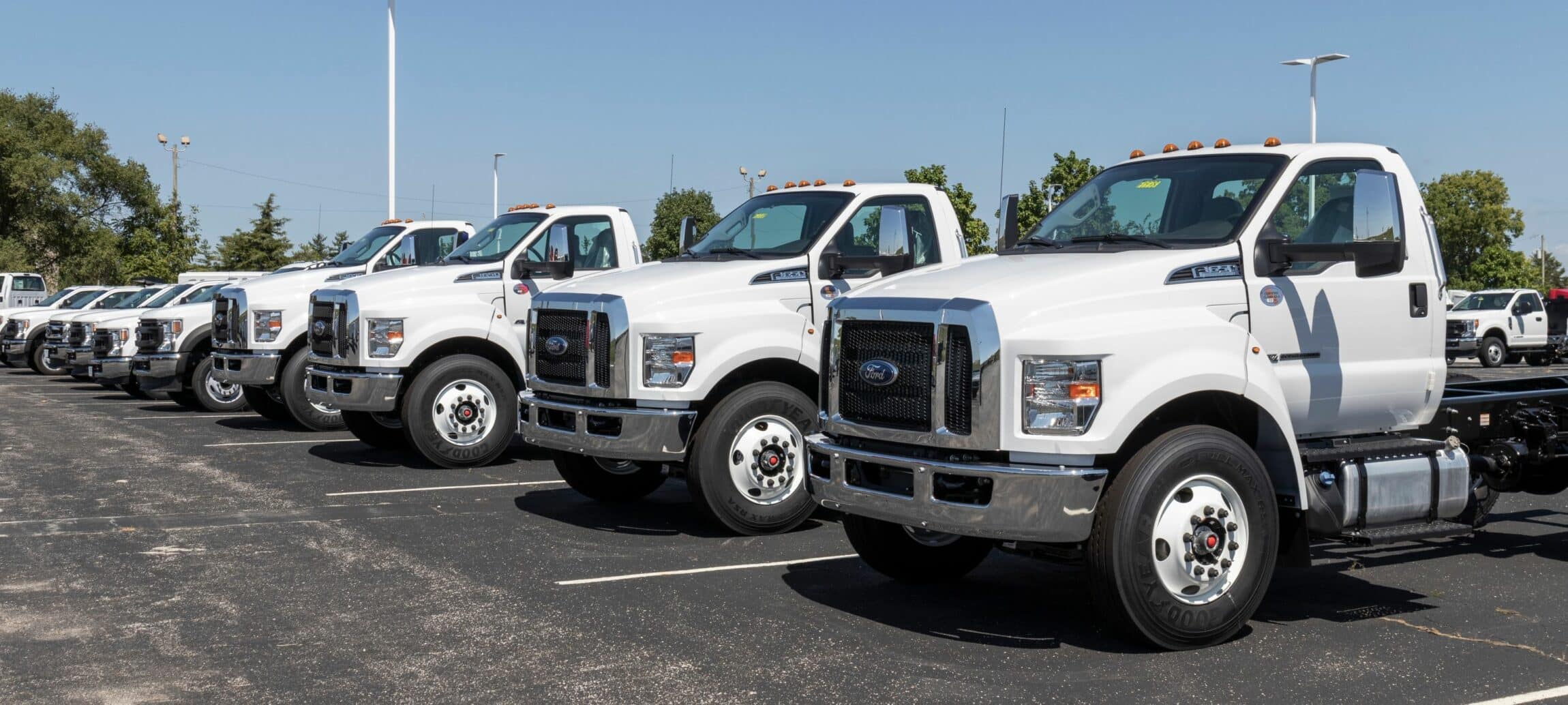Table of Contents
Key Takeaways:
- Grasping the fundamental role of ELDs in enhancing road safety and regulatory compliance within hot shot trucking.
- Insight into selecting and utilizing high-quality ELD systems that cater to the hot shot trucking landscape.
- Understanding ELD compliance’s implications, including the legal landscape and economic impact.
- Anticipating the evolution of ELD technology and its continuous influence on the trucking industry.
Introduction to Electronic Logging Devices (ELDs) in Trucking
Electronic Logging Devices (ELDs) represent a significant technological transformation in transportation, offering a digital solution to manage and record compliance with Hours of Service (HOS) regulations. These devices replace traditional paper logbooks, providing a reliable and efficient way to track driving hours, rest periods, and miles covered. For truckers in sectors such as hot shot trucking, using the best truck ELD solutions is more than a mere compliance tool; it’s an indispensable asset for operational success. Through precise logging and simplified reporting, ELDs enhance road safety and adherence to regulatory mandates.
The Role of ELDs in Hot Shot Trucking
Unlike conventional trucking, hot shot trucking is dynamic and often involves handling smaller, time-sensitive freight—often necessitating non-standard working hours and rapid decision-making. The insertion of ELDs in such a fragmented sector helps ensure that, despite the rush, compliance with HOS regulations is uncompromising. The role of ELD systems is thus twofold: facilitating the adherence to set driving hours for road safety and furnishing hot shot truckers with the technology to plan their operations efficiently.
Features of High-Quality ELDs for Hot Shot Truckers
High-quality ELDs for hot shot truckers should offer features tailored to the job’s intricacies. Essential attributes include intuitive interfaces for quick status updates, reliable connectivity to transmit real-time location data, and seamless integration with dispatch systems. The precision in recording all operational data is paramount, as it feeds into compliance reports and drives operational insights, significantly reducing the opportunity for human error and ensuring compliance is met with ease.
ELD Compliance: Legal Requirements and Deadlines
Implementing ELDs in commercial trucking is not just recommended but required by law. The Federal Motor Carrier Safety Administration (FMCSA) has stipulated a clear timeline and set strict deadlines to ensure all eligible vehicles are equipped with certified ELDs. Ignoring or delaying compliance can result in substantial fines and potentially endanger a company’s operating authority. Trucking operations need to be vigilant about staying informed on the most current regulations outlined by sources like the FMCSA.
Selecting the Right ELD Solution for Your Hot Shot Business
Choosing the right ELD for a hot shot trucking operation is critical to ensuring business efficiency and regulatory compliance. While cost is a significant consideration, it should not be the only factor. The best ELD systems provide robust connectivity, user-friendly platforms, and reliable support services. A system’s capabilities should be assessed thoroughly, considering the specific demands of hot shot assignments. Businesses may leverage insights from reviews and testimonials to gauge the ELD’s performance in real-world scenarios, ensuring they select a system well-suited to their unique operational requirements.
Integrating ELDs into Daily Operations
The shift from manual logging to sophisticated ELD systems represents a cultural pivot within the trucking industry. To facilitate this transition, comprehensive training for all personnel involved is imperative. Management must ensure that the benefits of ELD systems are communicated effectively and that any changes to operational routines are implemented in ways that support employee adaptation. With proper support, integrating ELDs into daily operations can be a smooth process that positively affects all dimensions of service delivery.
The Economic Impact of ELDs on Hot Shot Trucking
The initial investment in ELD tech may seem daunting; however, the long-term benefits are substantial. ELDs automate many administrative tasks, producing savings on time and overhead expenses. Companies also benefit from optimizing routes, fuel waste reduction, and predictive maintenance capabilities provided by ELDs. Additionally, ELD data can be leveraged to enhance business decision-making, driving overall financial health for companies in the hotshot trucking sphere. By facilitating a more efficient business model, ELDs offer economic advantages beyond compliance into profitability and competitive differentiation.
Addressing ELD-related Challenges and Concerns
Specific challenges are expected with any technological adoption, and ELD implementation is no exception. Hotshot truckers may face hurdles such as adjusting to new workflows or troubleshooting tech issues on the road. A responsive support system and robust troubleshooting resources is crucial to mitigate these concerns effectively. Proactive management and ready access to assistance can transform potential obstacles into opportunities for learning and growth within the company.
Real-World Examples of ELD Benefits in Hot Shot Trucking
Mounting evidence suggests that using ELDs in hot shot trucking brings measurable benefits. Beyond compliance, ELD usage has been associated with enhanced driver satisfaction, improved safety records, and significant operational improvements. An industry analysis further supporting this claim can be found in AMI’s report on ELD compliance, which provides a comprehensive look into how the technology is reshaping fleet management and sharpening the competitive edge of compliant trucking companies.
Moving Forward: The Future of ELD Technology in Transportation
The trajectory of ELD technology points to a future of continued innovation and improvement. With the trucking industry moving towards greater reliance on data analytics and interconnected devices, ELDs will undoubtedly play a significant role in the evolution of freight transportation. Future regulatory changes are on the horizon, and those within hotshot trucking must maintain a forward-looking perspective, ready to adapt to new technological capabilities that promise to support and streamline truckers’ work globally.














